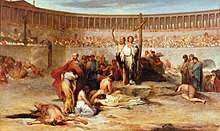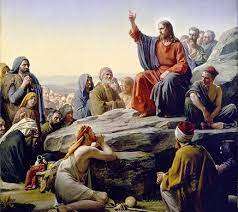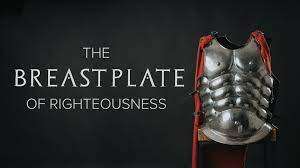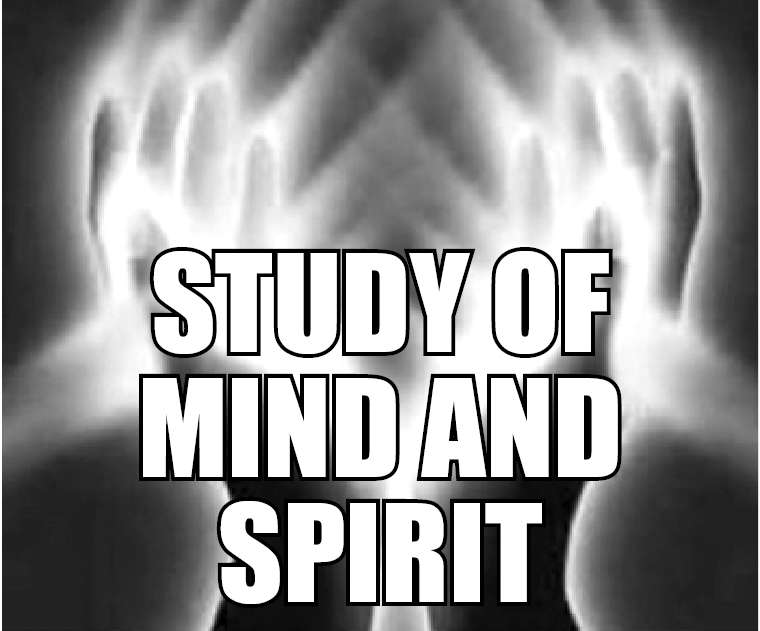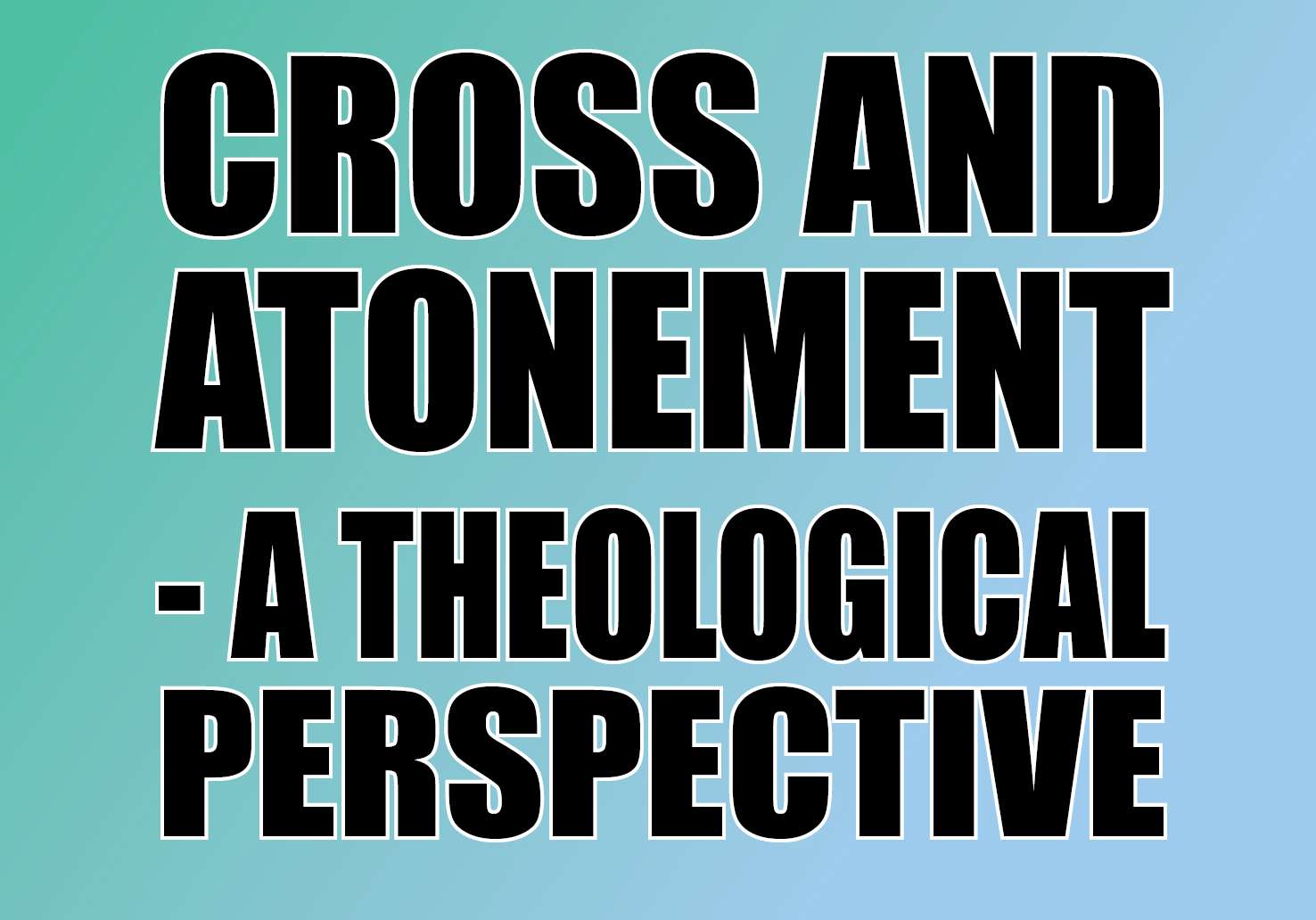

Conversion as Liberation / Transformation in Indian Context
Dr. Domenic Marbaniang
Jesus declared that He was anointed by the Spirt and had come to “proclaim good news to the poor... to proclaim freedom for the prisoners and recovery of sight for the blind, to set the oppressed free, to proclaim the year of the Lord’s favor” (Luke 4:18,19, NIV). What Jesus proclaimed as His mission at the beginning of His ministry, Luke attests as done in Acts 10:38, “how God anointed Jesus of Nazareth with the Holy Spirit and power, and how He went around doing good and healing all who were under the power of the devil, because God was with him.”
The words “doing good and healing all who were under the power of the devil” encapsulates the entire scope of Christ’s missionary work. Christ’s kingdom work was essentially set against the anti-kingdom work of the devil. He came to seek and save the lost (Luke 19:10), but this certainly meant causing maximum damage to the enemy who was holding us captive. The “Son of God came to destroy the works of the devil” (1 John 3:8).
The devil leads and rules the rebellious world (1 John 5:18; Eph.2:2) and does it through blinding people’s minds (2 Cor. 4:4) and holding them captive in fear (Heb. 2:14). But Jesus came in flesh and blood so that “by His death He might destroy him who holds the power of death—that is, the devil—and free those who all their lives were held in slavery by their fear of death” (Heb. 2:14,15). God has “rescued us from the dominion of darkness and brought us into the kingdom of the Son He loves” (Col. 1:13) and has given us not a spirit that makes us “a slave again to fear” but “the Spirit of sonship” (Rom. 8:15). “For God has not given us a spirit of fear, but of power and of love and of a sound mind” (2 Tim. 1:7, NKJV).
It would be quite alarming if a group of elite commanders went on a rescue mission having no clear idea about who they were to rescue, from whom, how and using which tools. It would be fatal to be totally unaware of the enemy’s capacity, strength, and ability. If that is true about human missions, how much more wouldn’t that be true about the divine mission of Christ. A mission training program that ignores the reality of the devil and his work in the world might be able to provide intellectual and social work learning skills to its trainees; however, missing on the primary focus of saving souls from the fire (Jude 1:23).
Back in the 1960s, there were several attempts to secularize the concept of mission by moving it out of the Church’s scope of work and both socializing and politicizing it. At that time, there were sociologists and theologians who were confident about the stride of secularization and believed that the world was increasingly moving towards a churchless humanized society. Eventually, some thought that the mission of the church was mainly social liberation and transformation rather than pure evangelization. As Lesslie New big in observed in a 1977 article, “mission was seen as participation in secular programmes for urban renewal, for civil rights, for community organization, etc,” which eventually led to liberation and transformation theologies contextualized to regions in Asia, Africa, and Latin America.
In India, as well, the decades saw an interest in various liberation theologies that attempted to respond to the concerns of the oppressed and marginalized people. While somewhat detesting the Marxist elements in the Christian liberation theologies of Latin America, Indian liberation theologians did look at the Nazareth declaration of Christ in Luke 4 as the “Nazareth Manifesto,” obviously inspired by Marx and Engels “The Communist Manifesto” (1848), as encompassing both social action and political activism towards Dalit liberation, green liberation, struggle for gender equality, anti-trafficking etc. The Church that does not stand against social injustice has lost its biblical ground and missional focus, they argued. These were also times of increased drive towards ecumenism or union of churches.
The primary focus of Pentecostalism in India and around the world, on the other hand, continued to be evangelism, church planting, and development. Peter Berger, an American sociologist, did studies on the social impact of Pentecostalism and noted that the 1960s secularization myth has collapsed because of the rise of Pentecostalism in Latin America and Africa that increasingly emphasized on physical healing and deliverance, prosperity, and this-worldly salvation. Contrary to the secularist’s expectations, people were becoming increasingly religious and spiritual in their outlook as they found faith more convincing, practical, and beneficial than the ultimate meaninglessness offered by atheism. Evangelicals, Pentecostals, and Charismatics led the way by their strong emphasis on the Bible, simple faith, and powerful worship. Many of the independent Bible colleges and mission training centres emphasized on faith-based Bible study, regular prayer, fasting, spiritual warfare, and weekly evangelistic outreach work. They were clearly cut-off from the liberational and ecumenical tendencies of mainline seminaries and churches near them as they were more focused on imitating what the New Testament explicitly described Jesus and His disciples doing.
They emphasized empowerment of the Spirit that leads to inner transformation and power evangelism than the type of social empowerment of the marginalized that transformational and liberational mission theologies were talking about. Pentecostals, though many of them did have support systems for widows and the homeless, desisted from interpreting Christian mission in socialist or social transformational terms. They usually draw a clear line between good works and mission work, between the Great Commandment to love God and one’s neighbour and the Great Commission to preach the gospel to all nations.
Owing to their eschatological vision, Pentecostals do not commonly believe that any of the human political revolutions (proposed by liberationists) would bring in any lasting peace. Only Christ will put an end to all war and bring in true peace. However, this does not diminish their active engagement in works of charity in society. As Allan H. Anderson of Birmingham University notes in his 2020 article in Spiritus, “They engage with society because of their conversion and the liberation brought about by their experience of and empowerment of the Holy Spirit.”
On this note, we might understand the focus on conversion as liberation and transformation. While conversion positionally liberates a person from sin and the domain of darkness, personal transformation is continuous and progressive till it is consummated in the perfect liberation and transformation of the child of God at Christ’s Second Coming. The baptism and empowerment of the Spirit is crucial to that effect. The ministry of the Church results not only in personal development but also development of the congregation. The emphasis on praying in tongues for personal edification, prophecy and the other gifts for evangelism and edification of the Church fall within the same scope.
In recent decades, Pentecostal theologians have become alarmed at the spate of mammon-love within the Church. Several have raised their voices against the dangers of the prosperity gospel and preaching of cheap grace. It is certainly shocking when the gospel of Christ is presented as the gospel of mammon. In persecuted regions, however, Christians practically know that cost of discipleship. Therefore, though external political pressure tries to stifle evangelism, the word of God is not in chains (2 Tim.2:9).
If Paul had only been doing some social work and running some community development projects, he would not have been a matter of concern to either Jews or Romans. But he knew his calling: that he was “set apart for the gospel of God” (Rom.1:1) and it would only be woe to him if he did not preach it (1 Cor.9:16).He was, therefore, persecuted. It is time for us to strongly reassert our commitment to preach the gospel that truly liberates people.
The gospel we preach reflects the gospel that we believe in. If we believe in the gospel that saves us from sin, deception, and the demonic domain of darkness, we will also preach the gospel that will deliver people from their sins, from deception, and from satanic bondage. We do not proclaim a theological pluralism that says that all faiths lead to the same goal; in contrast, we proclaim salvation in Christ alone. We embrace social and cultural pluralism but also understand that when a person believes in the gospel, he/she must break free from all those elements in culture and tradition that are contrary to the gospel. A true conversion would result in a true liberation from all false identities and bond ages and a full transformation into the identity and freedom that Christ gives us.



